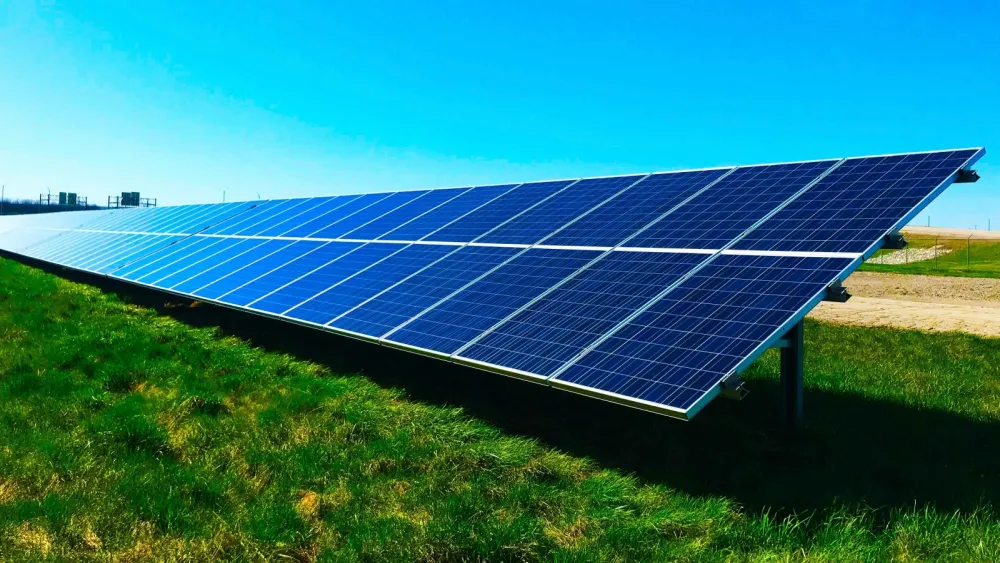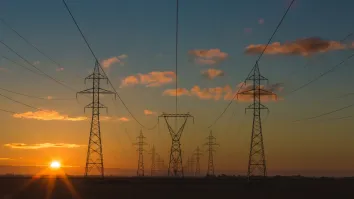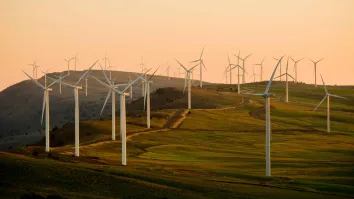Renewable energy recipes: How PV projects are really developed
By Agostinho Miguel GarciaI am starting a series on recipes for procedures to support Asian countries in developing Renewable Energies. Along the many years of consultancy in Asia and elsewhere in the planet developing Renewable Energy projects I have come across the symptomatic question: “no one helps us to develop renewable energy projects. What can we do?” This question has been less frequent, but even after 200GW of solar projects and 400GW of wind projects across the world, it is still present in some countries, states and regions and I heard it a few days ago again. The recipe for PV projects has three basic ingredients:
1. Land
2. PPA
3. Economic development
The land can be public or private. If it is public it should be made available for the project as a leasing for 30 years with the lowest cost possible allowed by the law in order to minimise the final cost of electricity. It should not be free however! If it is private the rent must compete with whatever usage of the land is made and provides an earning. For example eucalyptus for paper, cork, rubber, tea, cotton, etc. It can be easily seen that the final electricity tariff will reflect this cost. There is no need to share any dividends or profits with the land owner. That would be the same as renting a flat to someone and then ask for a % of the salary on top of the rent. Feasibility of the land is another issue that I will not address here, but certainly PV projects have some requirements.
The Power Purchase Agreement or PPA must have as off-taker a credible institution and should be a document tested and used on power generation. “Inventing” a PPA or select any entity to sign the PPA is not adequate. The local or regional utilities should be the natural off-takers or large consumers of power as mines, industries, commercial sectors and other such users. Seasonality is discouraged on looking for off-takers as the sun shines everyday throughout the year.
Third, the PV plant should contribute to create local jobs and economic development. Training should be devised and arranged to provide skills to local people and also associated businesses should be encouraged as hotels, restaurants, workshops, warehouses, housing, renting of equipment. The more remote a location is the more interesting are to reduce logistics costs and the local people may benefit. Mandating local content targets is important, but WTO rules should be scrutinized to avoid legal problems later.
With the basic ingredients the next step is to prepare the meal: that means a competitive tender process. Such tender should inform the parties of the land, the PPA arrangement and the local economic development expected and ask for a tariff. Do not negotiate tariffs individually, do not engage into processes with a fixed developer as that will lead to infinite negotiations and unnecessary hassles and limitation on choosing the IPP. Remember that you are providing a business opportunity and there will be undoubtedly interest. This is like selling sovereign debt. There will always be interested parties.
So, do not go on a ghost hunt or looking for the saviour. Prepare a tender process with the ingredients and float it to attract interested parties. You will see that you will not be disappointed and the tariffs will surprise you.




















 Advertise
Advertise







